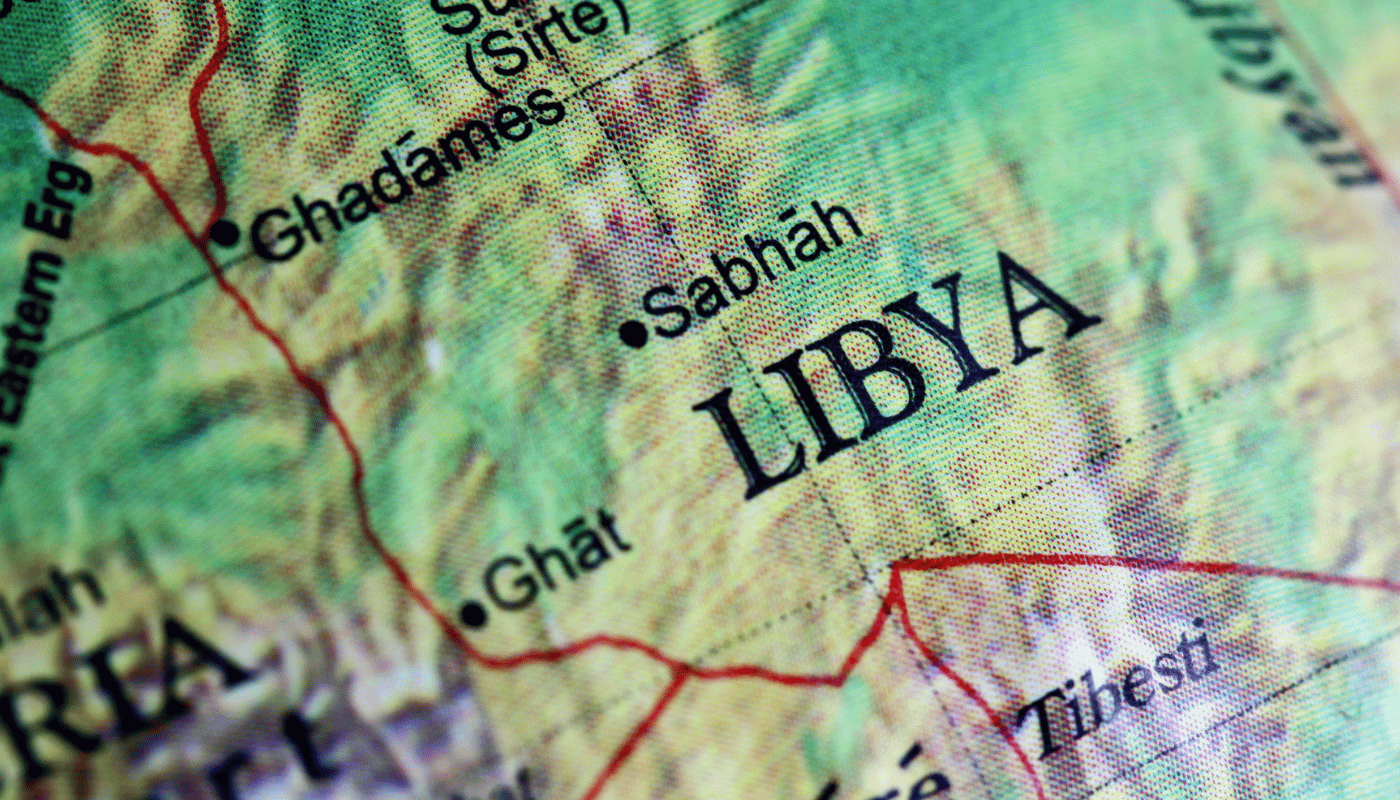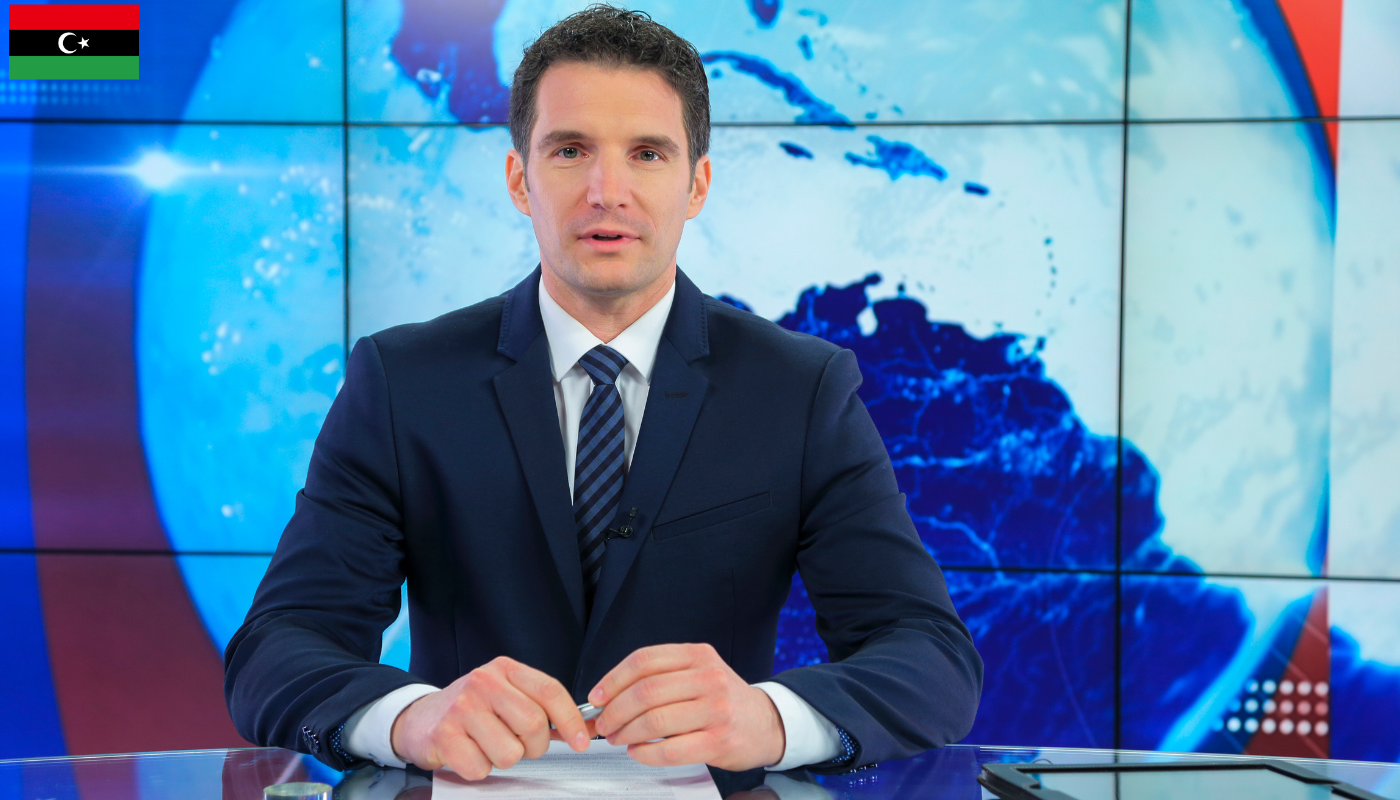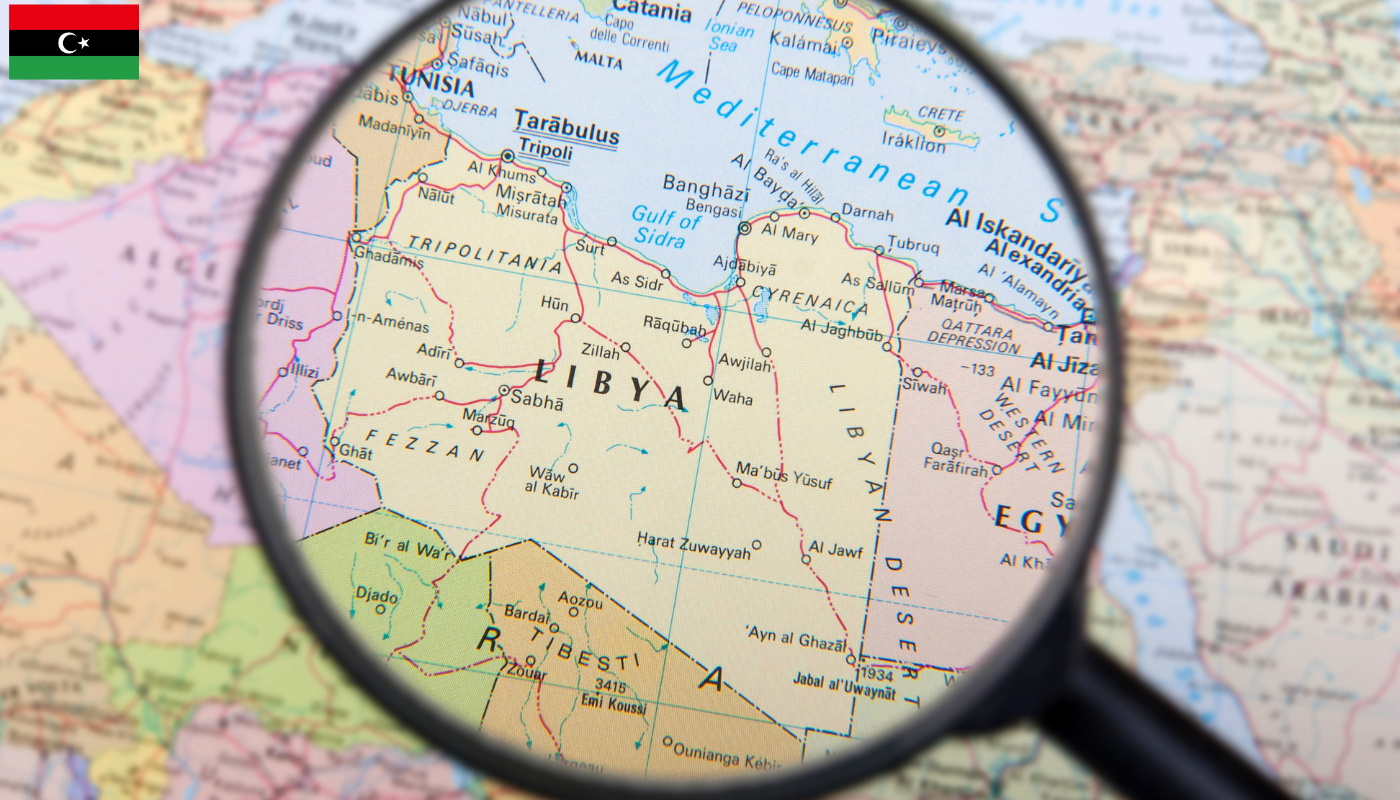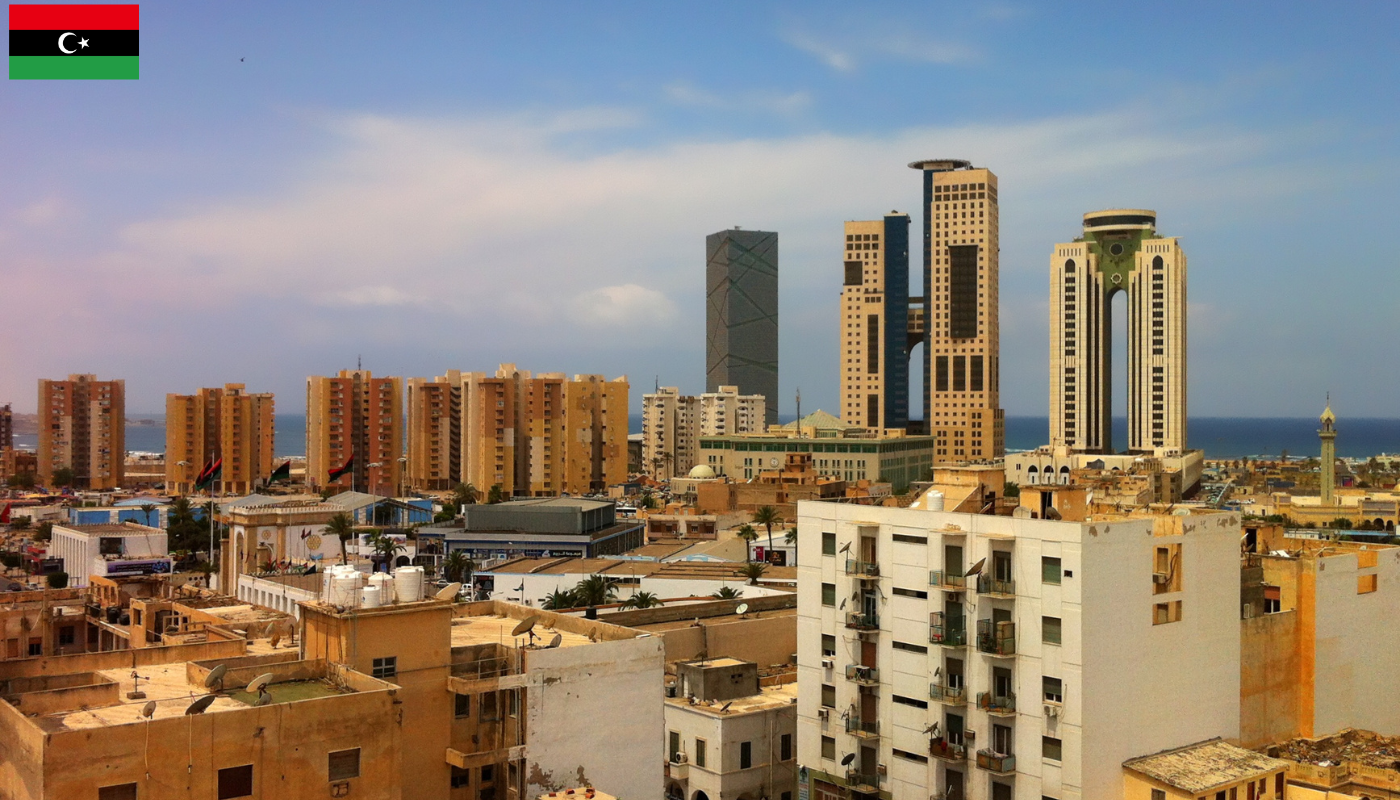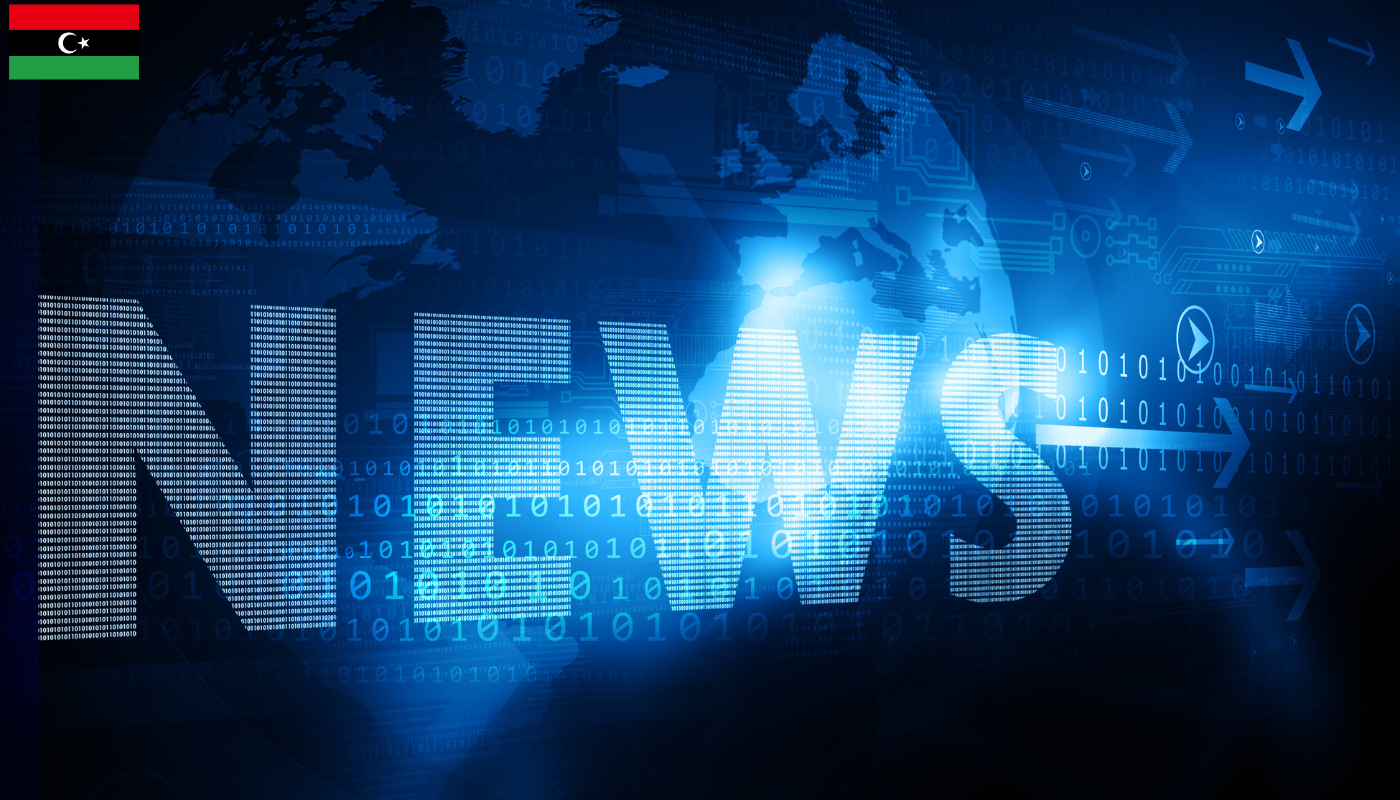We should be aware that any political subjective definition of the current status of our country cannot be recognized as a sovereign independent state and by no means grants it the right to be so.
A large number of Libyans who practice politics and are main players in the Libyan scene have caused political calamities, economic collapses, and humanitarian social fractures from which our country will suffer for a very long time. This is due to the following reasons: firstly, their political illiteracy and narrow-mindedness; secondly, their regional and personal interests; and thirdly, their affiliation with various foreign agendas.
Individual and institutional security doesn’t exist across Libya. The national economy, which depends on oil production, is insufficient to meet even the most basic needs. Our relations with African and Arab countries are steadily declining, while attacks by what is called the “Islamic State” continue, leaving many victims and causing widespread destruction.
All of this prevents Libya from being an independent sovereign country; instead, it confirms that Libya is now a failed state, a mere collection of armed groups who, through the power of arms, control the capabilities of Libyans, dictate the functioning of state affairs, and appoint their affiliates to official power centers. Even if opponents deny this and try to ignore the daily reality across Libyan cities from east to west and north to south, the tragic and dangerous situation that our country and its citizens are experiencing cannot be overlooked. In light of this deteriorating situation, we cannot expect major countries, neighboring states, or the United Nations to remain idle and wait for Libyans to reach a mutual understanding.
This means that the world will not be patient or silent about the Libyan situation—not for the sake of Libya or its people, but to prevent security tensions across Libya, the southern façade of Europe, from spilling over into the borders of the European Union and threatening its security.
Moreover, European states will not tolerate the continued closure of one of their major markets to European corporations and businesses, causing those companies to lose huge amounts of money each year from commercial supply contracts, development, and investment projects inside Libya, which is rich in oil, solar energy, and job market opportunities.
In light of this recognition that Libya cannot currently be categorized as an independent state, the United Nations and major countries will apply both covert and overt pressure to intervene in the internal organization of Libya. They will impose a form of trusteeship over the decision-making process and its implementation. These countries will not heed the voices of Libyans, Arabs, or international figures who, often without understanding the mechanisms of decision-making or interference in the internal affairs of other states, call for Libya to be left to the Libyans or demand respect for humanitarian laws and other slogans that are only applicable within an independent sovereign state recognized among other nations. This is precisely what Libya lacks at the moment.
The sense of losing Libya is undoubtedly very painful, but it is a harsh reality that no one can deny in the wake of the current tragic situation our country is enduring. This is most evident in the abductions, killings, threats, city border closures, the collapse of the Libyan currency and economy, the absence of consensus, and the loss of state capabilities, which are controlled by vendors and those biased toward certain ideologies, political currents, or regional and tribal interests.
All resolutions of the Security Council and the United Nations still place Libya under Chapter VII, characterized by prevarication and cunning, putting solutions and interventions solely in the hands of international political decision-makers.
They alone will decide, according to their interests, whether Libya needs to be divided or united; they alone will decide when and how to intervene. They will not hesitate to organize all of this within a specific framework or mobilize the Security Council, according to international laws and the needs of international security, to protect the world from terrorism and, of course, to protect human rights.
At the end of this international adventure, which is neither the first nor the last, the world will lose nothing, but Libyans will lose everything—they will lose a unified country.
In light of this grim reality, Libyans are left with a critical choice: either to awaken from the destructive slumber that has allowed external forces to dictate their fate, or to continue down the path of fragmentation and chaos, where the very notion of a unified Libya becomes nothing more than a distant memory. The stakes are higher than ever, as the survival of the nation depends not only on recognizing the internal fractures but on taking decisive action to mend them. The question now is whether Libyans will rise to the challenge, reclaiming their sovereignty and rebuilding their state, or if they will remain passive observers as their homeland crumbles under the weight of foreign intervention and internal discord. The time for action is now, for the cost of inaction is the irreversible loss of a nation, a culture, and a people.

